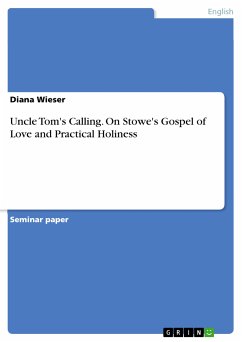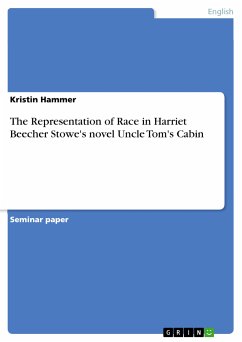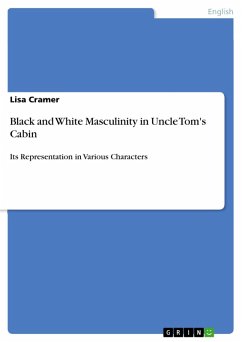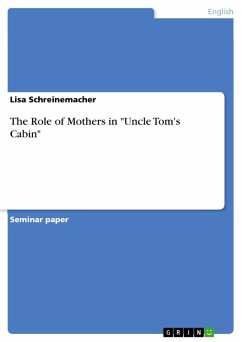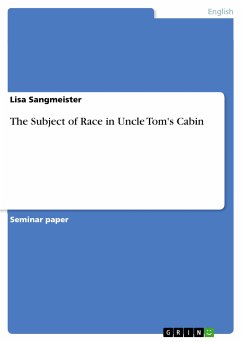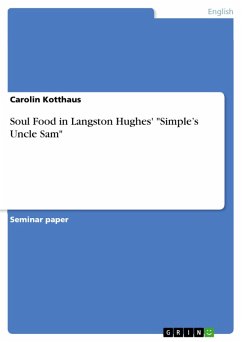Seminar paper from the year 1998 in the subject American Studies - Literature, grade: very good, University of Hannover (English Seminar), course: Seminar: The Literature of Slavery - Harriet Beecher-Stowe: Uncle Tom s Cabin, language: English, abstract: Harriet Beecher Stowe′s widely acknowledged novel Uncle Tom′s Cabin (1852) in two volumes has been subjected to much controversy as regards its protagonist′s role as a Christian martyr. I found critics to hold the assumption that as Tom does not assume an active role against slavery but practices non-aggression according to the biblical Gospel of Love including love of one′s enemy, he does nothing, really, to change the slaves′ condition. However, passive resistance is unanimously agreed to be an effective form of resistance, thus I venture to propose that saints and martyrs do in fact bring about a change by their incomprehensible consent to sacrifice for others or for a higher ideal. Tom does startle, irritate, penetrate, and shake up the people he comes into contact with: Significantly, all of them are reminded of their childhood, when the gospel was still close to their hearts, and they realize the wish to believe in God is preserved, ready to surface if permitted to. Tom′s sermon-like evocation of the universal love Jesus taught and incorporated, together with the promise of a destination in heaven has a subliminal effect on the white people, who need to interrelate their religious morality with the unjust social system they tolerate. Equality before God and man as well as a distinct discrimination between right and wrong are items that early religious education plants in each and every American, I should think. The least effect thus achieved is a characteristic uneasiness, the urge to redefine one′s attitude towards the prevalent system of slavery, and the inescapable realization of the individual duty to use one´s position and personal strength for the sake of the oppressed. Tom′s style is that of Jesus and not of the violent revolutionaries that America would have dreamed to come and install true democracy. Stowe knows that to change the political and social conditions in the country would be far easier than to teach the people′s hearts not tolerance, not acceptance but love. Love of the simple race as it is often called and love of the oppressors. That is, in my estimation, Stowe′s incessant plea.

